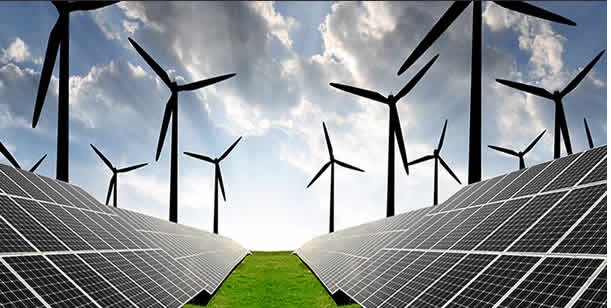Generation

Nigeria’s energy trilemma: A defining test of economic maturity

Despite being Africa’s leading oil producer, Nigeria continues to grapple with a painful paradox, abundant on the one hand and deepening energy poverty on the other. This contradiction is encapsulated in the global “energy trilemma,” a framework developed by the World Energy Council, which challenges nations to strike a delicate balance between three competing objectives: energy security, energy equity (universal access and affordability), and environmental sustainability. For Nigeria, achieving this balance is not just a policy challenge; it is a defining test of economic maturity.
The country’s energy insecurity is no longer a silent undercurrent but a roaring crisis. National power outages, frequent grid collapses, and outdated transmission infrastructure have made uninterrupted electricity an exception rather than the norm. In 2024 alone, Nigeria suffered more than a dozen nationwide blackouts, disrunatural resourcespting livelihoods and stifling productivity. Worse still, crude oil theft and sabotage of gas pipelines have moved from isolated criminal acts to deeply embedded systemic threats. These challenges not only cripple domestic energy delivery but also erode investor confidence and strain foreign exchange earnings.
Despite Nigeria’s vast oil and gas reserves, energy access remains alarmingly low. Over 85 million Nigerians, about 43 percent of the population, still lack reliable electricity, particularly in rural and peri-urban communities. Many rely on expensive, polluting generators to meet their daily needs, reinforcing inequality and undercutting national development goals. Simultaneously, the country’s energy sector remains heavily dependent on fossil fuels, placing it at odds with global efforts to transition to cleaner, greener energy systems.
However, amidst these daunting challenges, there are signs of progress, driven by a mix of government reform, strategic private sector involvement, and international cooperation. The Nigerian National Petroleum Company Limited (NNPC Ltd), in collaboration with International Oil Companies (IOCs), has begun rolling out initiatives aimed at improving domestic refining capacity, commercialising natural gas resources, and boosting local content in energy production. The introduction of Domestic Crude Supply Obligations has helped stabilise input supply to refineries, reducing dependence on costly fuel imports. Additionally, the expansion of carbon credit programs and investment in renewable energy projects signal an emerging shift toward climate-resilient strategies.
“Policymakers and energy sector stakeholders must now embed the energy trilemma into every decision, whether on subsidy reforms, privatisation, or rural electrification.”
One of the more innovative developments is the growing role of private sector-led security operations in safeguarding energy infrastructure. Indigenous firms such as Tantita Security Services Nigeria Ltd and Pipeline Infrastructure Nigeria Ltd have proven more effective than conventional enforcement agencies in curbing crude oil theft. Their deep understanding of local terrain and community dynamics has enabled a dramatic turnaround: from a production nadir of under 700,000 barrels per day, output has surged past 2.5 million barrels per day in less than a year. This recovery has direct implications for Nigeria’s macroeconomic outlook, including foreign reserves, inflation control, and fiscal stability.












